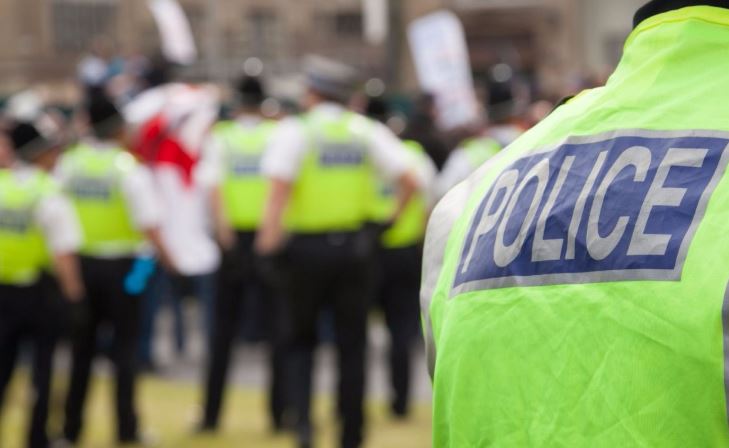Understanding the six core police skills

Every police officer, constable and community support officer use the same national application form and assessment centre when applying for a job. As well as learning about the recruitment process, you need to know what assessments you will be given, including the very important six police skills. Read on to get a head start…
1) The ability to work with others
i) Shows the ability to work with other people and teams, is able to take and offer advice about ways to complete tasks, accepts feedback, and offers their own views.
ii) Always seeks to develop positive and productive working relationships, not just with colleagues but with partner agencies too.
iii) Uses an appropriate communication style, pitched at the right level to the target audience, to explain their perspective.
iv) Asks questions to ensure they fully understand the task, or how the task is to be done, so that they understand both the situation and the point of view of the other people involved.
v) Shows the ability to persuade people of the wisdom of following a certain course of action, in order to achieve the outcome desired.
2) Recognition of what serving the public involves
i) Shows commitment to doing the best possible job for the public, not settling for doing the minimum acceptable.
ii) Understands customer and community concerns, and the fact that what may seem to be a small issue to one person or organization, can in fact have a massive impact on another individual or community.
iii) Understands what issues are important to the community, by actively finding out what they are, acknowledging them and doing something to address them.
iv) Communicates to build bridges and break down barriers between individuals or groups within the community.
v) Understands that policing a community has impacts on that community.
vi) Works in partnership with people and groups within the community to improve the quality of life for those groups.
3) The ability to embrace change
i) Is able to recognize that change is necessary and that organisations and individuals need to change as well.
ii) When new ways of working are introduced, puts effort into making those systems work, overcoming teething troubles, and shows commitment to making new systems succeed.
iii) Looks for solutions to problems that are new and innovative, and shows creativity. Does not stick by traditional methods without considering which new ones can be brought in.
iv) Finds cost effective solutions.
v) Understands problems and makes positive suggestions to solve them.
vi) Solves problems by using new ideas and ways of thinking to be innovative and creative, whilst remaining practical.
4) The ability to make decisions
i) Gathers all the available information before deciding on a course of action.
ii) After meeting the above, will evaluate a range of potential options.
iii) Assesses the outcome of their work or decision, altering things as necessary to achieve the desired outcome.
iv) Makes informed decisions about the risks of an action compared with the possible benefits and is able to explain as necessary.
v) Understands that communities are affected by the way in which they are policed, and will affect an appropriate style as required.
vi) Uses their professional experience and judgement to solve a problem, exercising discretion in a fair and balanced way, without compromising integrity.
5) Professionalism
i) Shows evidence of honesty and integrity in all dealings with the public, offenders and community.
ii) Is willing to report inappropriate behaviour amongst colleagues.
iii) Will shoulder responsibility for a problem.
iv) Shows determination to overcome challenges, personally or professionally.
v) Is willing to take on extra tasks without being asked.
vi) Challenges inappropriate behaviours or beliefs.
vii) Listens to the views of others and learns.
viii) Is attentive when required and remains professional at all times.
6) Service delivery
i) Shows the ability to understand the wider goals of the police service.
ii) Plans logically to achieve the best results.
iii) Plans work in a logical ordered manner, utilizing specific objects.
iv) Plans time effectively and can perform several tasks at the same time.
v) Can walk though plans mentally, seeing flaws or potential problem areas.
For more information about applying for the police, read: The Definitive Guide to Passing the Police Recruitment Process: A handbook for prospective police officers, special constables and police community support officers (Robinson) by John McTaggart.


